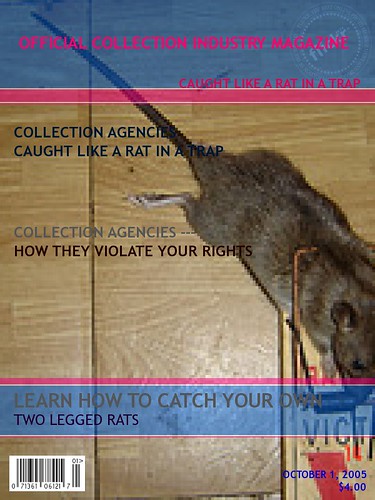Nevada Legislature passes new collection laws

READ ME ON YOUR CELLPHONE! http://pfeeds.com/3e
The Nevada Legislature recognized a lack of responsibility with respect to some companies trying to get payment for overdue accounts, including abuses by collections agencies and collections agents.
Unlicensed and unregulated companies acting unlawfully in a collection agency capacity could be impacted by new legislation (some in effect as recently as Oct. 1) that places additional requirements on the agencies homeowners associations retain to collect for them.
The law also determines who is qualified and able to conduct collection services for common-interest developments.
Essentially, the Legislature is regulating the need for more responsibility in the overall collections process for common interest communities.
Under NRS 649, now in effect, any entity acting as a collection agency must have a "collection agency license." There can be significant negative repercussions to entrusting your company's important legal and financial business to non-licensed vendors.
Under state and federal law, acting unlawfully as a collection agency without a license can result in the office being shut down by the state and, in some cases, can result in fines in excess of $10,000 per violation.
Even if you are a company handling collections in-house and feel the new state law does not apply to your situation, you must still ensure that you are in compliance with the Fair Debt Collection Practices Act.
This statute is an entire body of federal law that dictates how a collection agency shall conduct business. Failure to comply with the FDCPA can result in penalties of $500,000 or 1 percent of the net worth of the debt collector.
There are many statutory requirements for a collection agency or manager to maintain a collections license. Nevada's Senate Bill 325, which came into effect on Oct. 1, contains amendments to NRS 116, including significant changes in the format, style and procedure of collections.












